The Importance of Doula Support in Modern Childbirth
1/1/20252 min read
In the journey of childbirth, the presence of a doula can provide an unparalleled support system. Doulas, trained professionals who provide continuous physical, emotional, and informational support to mothers before, during, and shortly after childbirth, have become an integral part of the maternity care landscape. Their role, distinct from that of medical professionals like doctors and nurses, focuses on comfort, advocacy, and personal care, highlighting their invaluable impact on the birth experience.
ENHANCED BIRTH OUTCOMES
Research consistently points to improved outcomes for both mothers and babies when doulas are involved in the childbirth process. A review of studies by Cochrane Database, a highly respected scientific review board, illustrates that women supported by a doula during labor are less likely to need pain relief medications, less likely to have a cesarean section, and more likely to have a shorter labor. These outcomes not only contribute to the health and well-being of the mother but also promote a safer and more welcoming entrance into the world for the newborn.
EMOTIONAL AND PSYCHOLOGICAL BENEFITS
Childbirth can be a profound and transformative experience but also an intense and sometimes stressful one. Doulas provide continuous reassurance, comfort, and encouragement, helping to reduce anxiety and fear. Their presence increases the likelihood of a positive birth experience. For mothers, having a doula as a part of their support team can lead to a decrease in the incidence of postpartum depression and improve mother-infant bonding. This emotional support extends beyond just the mother; doulas often help partners feel more involved and less anxious about the birth process.
ADVOCACY AND INFORMATION
Doulas also play a critical role in empowering women and their families to make informed decisions about their birthing experience. They help navigate the medical system, which can often be overwhelming, ensuring that the mother’s voice is heard and her choices are respected. This advocacy is particularly important in medical settings where, unfortunately, institutional policies can sometimes overshadow individual birth plans and preferences.
CULTURAL COMPETENCE
Doulas often bridge significant gaps in healthcare, including cultural and linguistic barriers. By aligning their care to the specific cultural values and needs of the mothers they support, doulas help tailor healthcare experiences to individual expectations and practices, which can be particularly empowering in diverse societies. This culturally competent care not only improves satisfaction with the birthing experience but also contributes to more equitable healthcare outcomes.
EXPANDING ACCESS TO DOULA CARE
Despite their benefits, access to doula services remains limited for many women, particularly in underserved communities. Cost barriers, lack of awareness, and limited insurance coverage for doula services can prevent many from receiving this support. Recognizing these challenges, several states in the U.S. have started to explore Medicaid reimbursement for doula services. Such policies reflect a growing recognition of the value doulas bring not only to the birthing individuals and families they support but also as a cost-effective strategy for improving maternal and child health outcomes.
CONCLUSION
The role of doulas in childbirth extends far beyond the delivery room. With their comprehensive support, doulas enhance the physical, emotional, and psychological well-being of families during one of life’s most significant transitions. As healthcare systems continue to evolve, the integration of doulas into maternal care programs is not just beneficial but necessary for fostering healthier and more satisfying birth experiences. Expanding access to doula care will help ensure that every mother can benefit from the compassionate and personalized support that a doula can provide.


